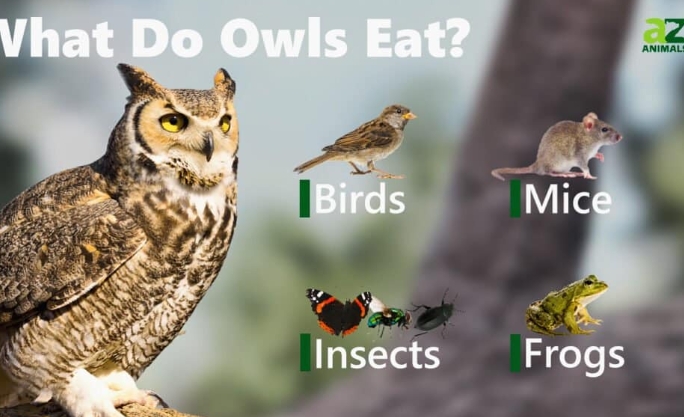Owls are fascinating nocturnal creatures that have unique eating habits. Let’s take an inside look at the dining habits of these mysterious birds of prey.
Hunting Techniques
Owls are skilled hunters that primarily rely on their sharp talons and beaks to catch their prey. They are stealthy predators that use their keen eyesight and silent flight to surprise their target.
Diet Diversity
Owls have a diverse diet that includes small mammals, birds, insects, and even fish. Some species of owls have been known to eat larger prey such as rabbits and snakes.
Regurgitation Rituals
One interesting aspect of owl eating habits is their regurgitation ritual. After consuming their prey, owls will form pellets in their stomachs containing bones, fur, and other indigestible parts. These pellets are then regurgitated and discarded.
Hunting at Night
As nocturnal hunters, owls are most active during the night when their prey is also active. Their exceptional night vision and acute hearing make them formidable hunters in the dark.
Social Dining
While owls are solitary hunters, some species exhibit social dining behaviors. For example, a pair of owls may share a meal together, especially during breeding season.
Conclusion
Owls have fascinating eating habits that showcase their skills as stealthy predators. From their diverse diet to their regurgitation rituals, these birds of prey have adapted to their nocturnal lifestyle in unique ways. By gaining insight into their eating habits, we can better appreciate the beauty and complexity of these majestic creatures.

